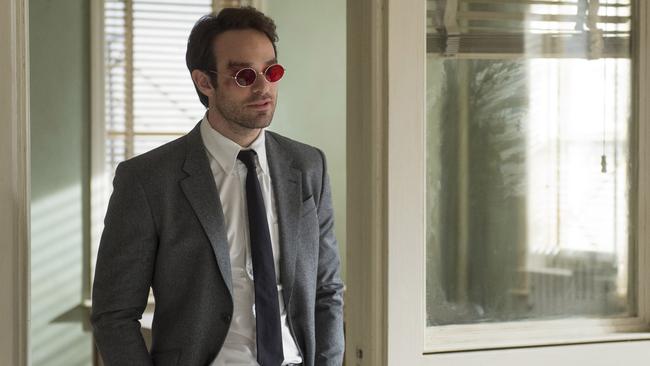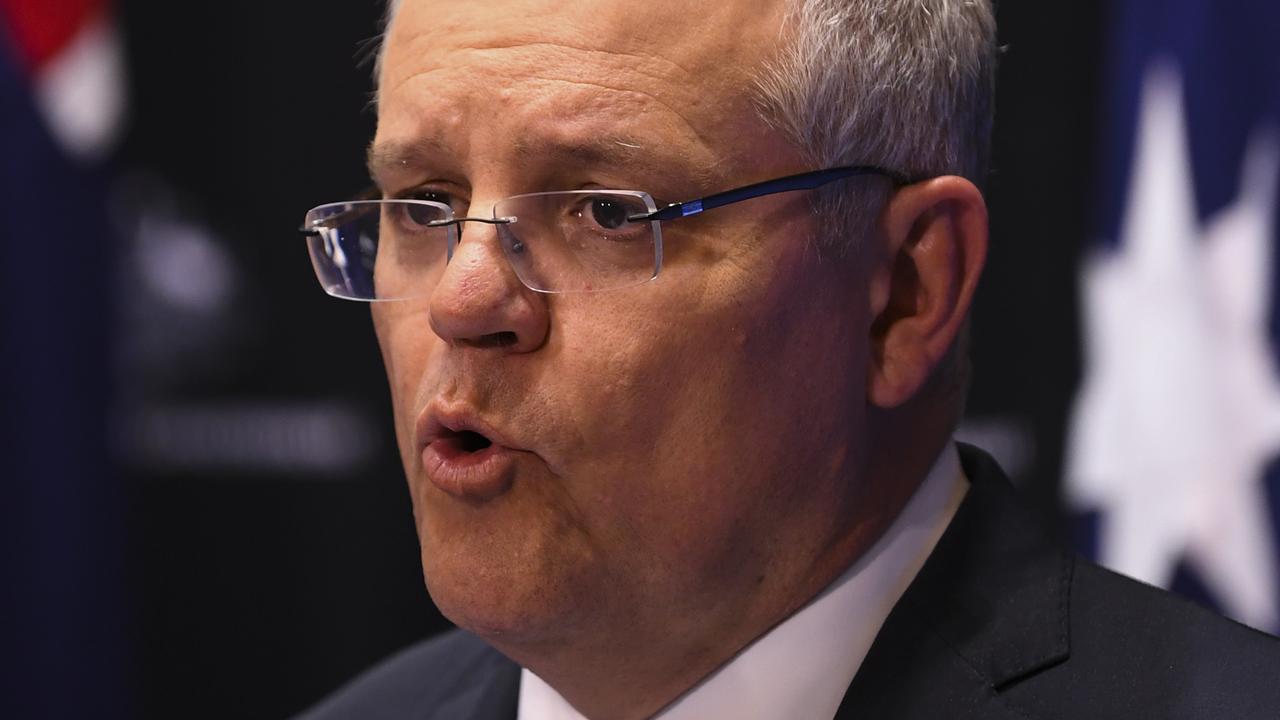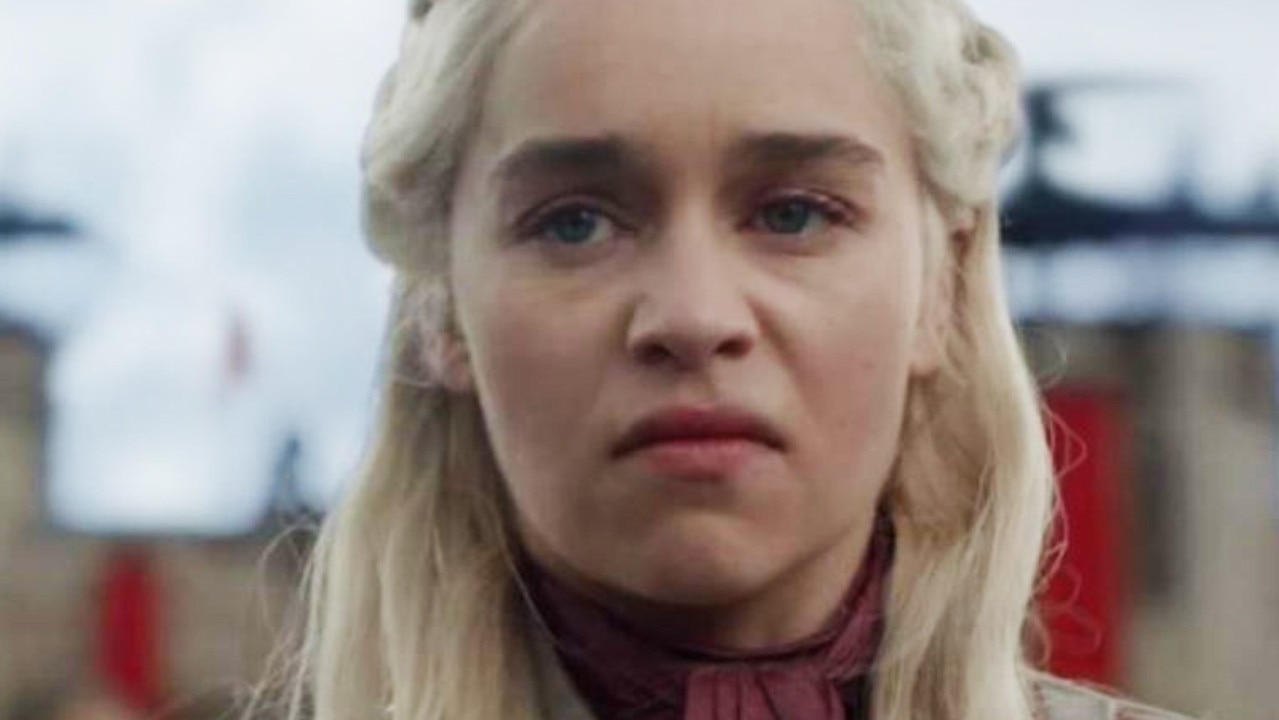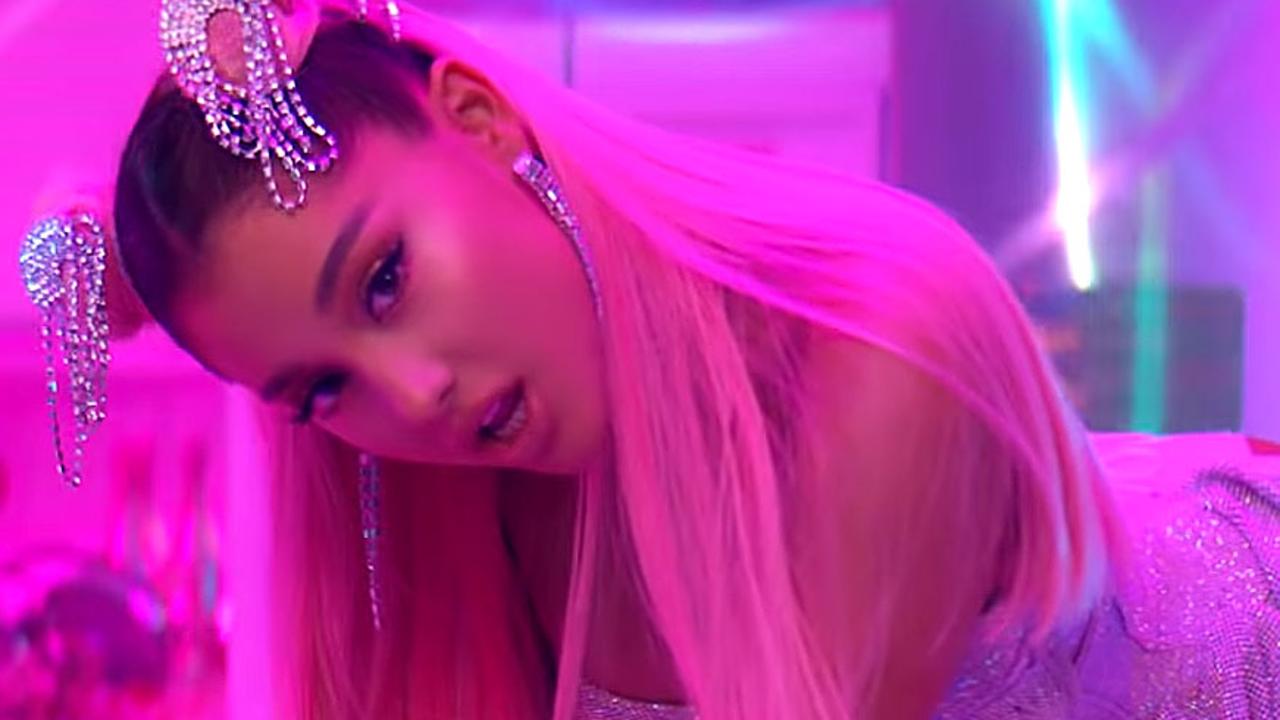New government report shows the state of Australian piracy
WE’VE been threatened with huge fines, censored sites and even having the net shut off. But new research shows that won’t work. This is how to really stop piracy.
WE’VE been threatened to have our internet shut off, threatened to have huge lawsuits thrown at us and been told our internet will be censored. But new research has shown that none of that will work in the government’s war against illegal downloading.
A report conducted by Communications Minister Malcolm Turnbull’s office, in conjunction with the UK Government, has revealed the staggering scope of Australia’s online piracy.
The survey of 2630 people found that 26 per cent of all Australians had consumed at least one illegal form of media in the first three months of this year. In other words, one in four Aussies are pirates.
But the research revealed that the host of punitive measures floated to solve the problem simply won’t work.
Of the people who do consume media illegally, the survey found they would likely stop infringing if legal content was: cheaper (39 per cent), more available (38 per cent), and had the same release date as other countries (36 per cent).

The data found that to convince the majority of digital music consumers to pay for music, a single song needed to be priced at no more than $1.19 and a music subscription service would need to be about $5 a month — half what most services charge now.
In terms of pricing, TV and movie streaming services such as Presto, Stan and Netflix seem to have it right, with the majority of people willing to pay $10 a month.
To stop people from pirating, the research found that having all content available legally, under a fair-priced subscription service in a timely manner was by far the most effective way to stop pirating.
Yet despite this, the government is going ahead with piracy laws and allowing content owners to send threatening letters, which their own data from this report shows would only stop 20 per cent of people from pirating.

Interestingly, Netflix was the only legal streaming service known by more than half of Australians, with the American streaming company’s Aussie presence known by 51 per cent of internet users. Quickflix was known by 33 per cent of Australians and Stan 30 per cent, while Presto was merged with Foxtel, so it isn’t clear how well the Presto brand is known.
Interestingly, while pirating websites made up 48 per cent of digital movie consumptions, it was only responsible for 33 per cent of the digital consumption of TV shows, with internet users more likely to use catch-up services such as ABC iView and TENPlay.
It’s also worth noting that the government said that those who used virtual private networks (VPNs) or geo-dodging software to access international versions of Netflix did so illegally. This is the first time they have made such claims.
But perhaps the most telling part is how even the government acknowledges how out of touch rights holders are in combating piracy, noting that, “rights holders’ most powerful tool to combat online copyright infringement is making content accessible, timely and affordable to consumers”.
Something rights holders seem hell bent on not doing.



